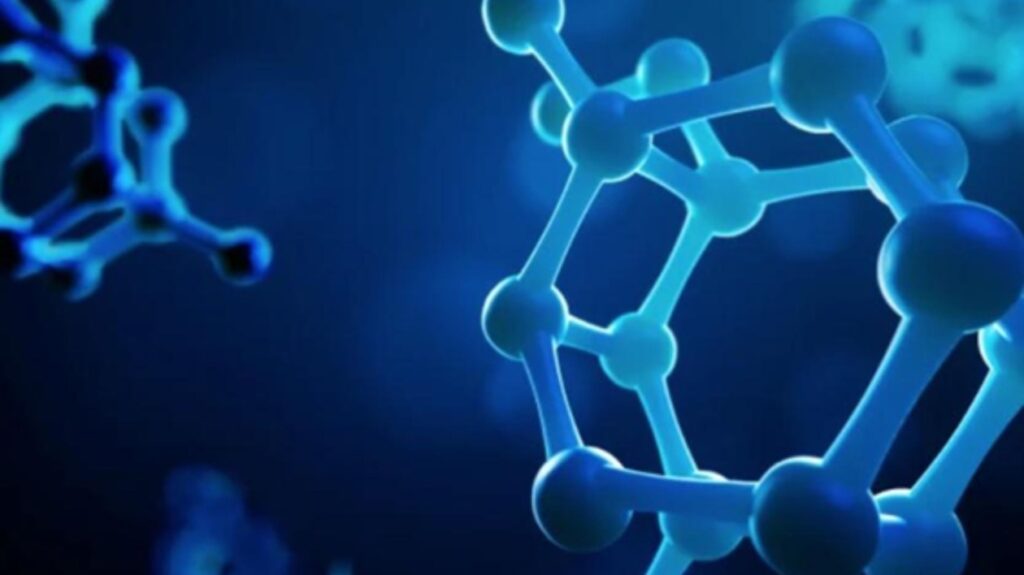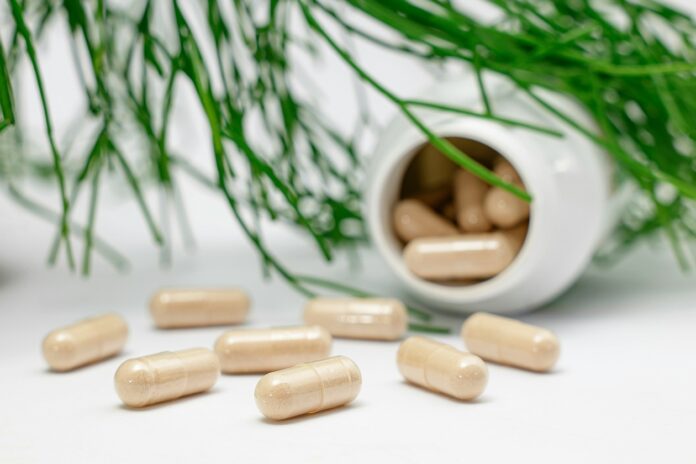Vitamins are essential for health, but their effectiveness depends on how well they retain potency over time. If you’ve ever wondered why some supplements expire faster than others or lose their effectiveness, the answer lies in their physicochemical properties—how their chemical and physical traits interact with the environment. For example, vitamin C degrades quickly when exposed to light, while vitamin D is sensitive to heat. Understanding what is physicochemical properties helps explain why certain vitamins need special handling. In this article, we’ll explore the key factors that affect vitamin stability, how supplement formulations influence longevity, and practical storage tips to keep your vitamins potent.

Key Factors That Influence Vitamin Stability
Vitamins break down due to environmental and chemical factors. Light, heat, moisture, and oxygen are the biggest culprits. For instance, B vitamins like riboflavin (B2) degrade rapidly under UV light, which is why many supplements come in dark bottles. Heat accelerates chemical reactions, making vitamins like E and A lose potency if stored in warm places like a bathroom cabinet. Moisture is another enemy—powdered supplements clump when exposed to humidity, and chewable tablets may become sticky. Oxygen exposure leads to oxidation, a process that degrades omega-3 fatty acids and certain antioxidants. Even the pH level in your stomach can affect absorption; some vitamins, like B12, require an acidic environment to be properly absorbed.
How Supplement Formulation Affects Stability
Encapsulation vs. Tablets: Which Protects Vitamins Better?
The way a supplement is formulated plays a huge role in its stability. Capsules, often made from gelatin or plant-based materials, create a protective barrier against moisture and oxygen. For example, fish oil capsules prevent the oil from oxidizing as quickly as it would in liquid form. Tablets, on the other hand, are compressed powders that may contain binders and fillers. While tablets are more convenient, they can crumble in humid conditions, exposing the active ingredients to degradation. Some vitamins, like probiotics, are almost always encapsulated because the live bacteria would die if exposed to stomach acid without protection. Delayed-release capsules are another innovation—they dissolve slowly, ensuring vitamins like iron are absorbed in the right part of the gut. If you’ve ever noticed a supplement working better in capsule form, it’s likely due to these protective mechanisms.
The Role of Antioxidants and Stabilizers
Manufacturers often add antioxidants like vitamin E or ascorbic acid to supplements to prevent oxidation. For example, omega-3 supplements frequently include tocopherols (a form of vitamin E) to keep the oils from going rancid. Stabilizers like silica gel are also used in powder supplements to absorb moisture and prevent clumping. These additives aren’t just filler ingredients—they actively preserve the supplement’s potency. Without them, certain vitamins would degrade much faster. However, some people prefer stabilizer-free supplements, which means they need to be extra careful with storage. Checking the label for these protective agents can help you decide how to store your supplements properly.
pH Levels and Their Impact on Vitamin Integrity
Vitamins react differently to pH levels. For instance, vitamin C (ascorbic acid) is stable in acidic conditions but breaks down in alkaline environments. This is why some vitamin C supplements include citrus bioflavonoids—they help maintain acidity. On the other hand, minerals like magnesium are better absorbed in a neutral or slightly alkaline state. Some supplements use enteric coatings to survive stomach acid and dissolve in the intestines instead. This is common for probiotics and certain B vitamins. If a supplement isn’t working as expected, the problem might not be the vitamin itself—it could be the formulation failing to deliver it properly.

Storage and Packaging: Preserving Vitamin Potency
Best Practices for Storing Supplements at Home
Where you keep your supplements matters. A cool, dark, and dry place—like a kitchen cupboard away from the stove—is ideal. Avoid storing them in the bathroom, where humidity from showers can degrade them. Refrigeration can help certain supplements, like probiotics and liquid vitamins, but check the label first—some capsules can become brittle in cold temperatures. If you buy in bulk, consider splitting the supply into smaller containers to minimize air exposure. Keeping the original packaging, which often has light-resistant materials, is also a good idea. A simple habit like closing the bottle tightly after use can prevent moisture from creeping in.
How Opaque Bottles and Desiccants Help
Have you ever noticed small silica gel packets in supplement bottles? These desiccants absorb moisture, preventing clumping and mold growth. Opaque or dark-colored bottles block UV light, which is crucial for light-sensitive vitamins like B12 and D3. Some companies even use vacuum-sealed containers to remove oxygen, which is especially helpful for fish oil and other oxidation-prone supplements. If a supplement comes in a clear bottle or a flimsy pouch, it’s more likely to degrade quickly. Transferring pills to a better container (like an amber glass jar) can help, but the original packaging is usually optimized for stability.
Conclusion
To get the most out of your supplements, pay attention to formulation and storage. Capsules often offer better protection than tablets, and additives like antioxidants can extend shelf life. Always store supplements in a cool, dark place, and keep them in their original, light-resistant containers when possible. By understanding the physicochemical properties of vitamins and how they interact with the environment, you can make smarter choices—whether you’re buying a multivitamin or a specialized probiotic. A little knowledge goes a long way in preserving potency and ensuring you get the full benefits of your supplements.






